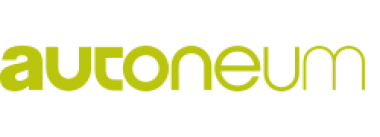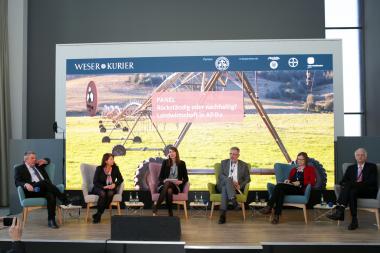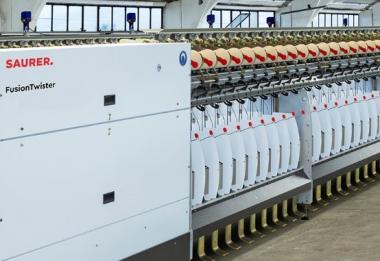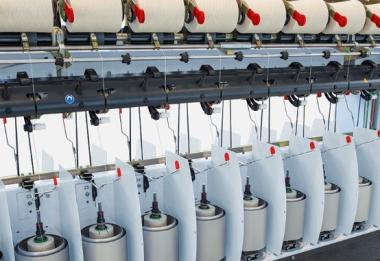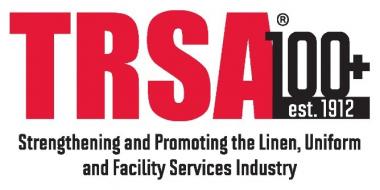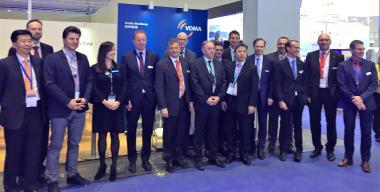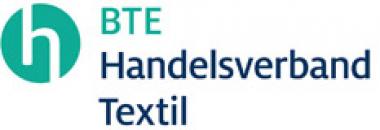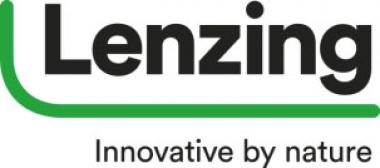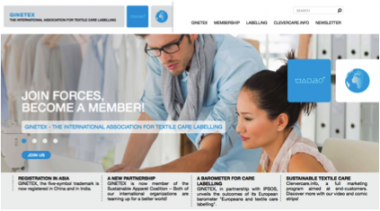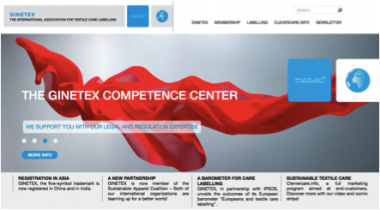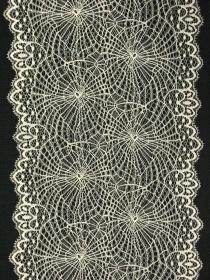Salad days for the UK’s Anglo Recycling
Anglo Recycling Technology is on course to deliver no less than a million of its special nonwoven mats for hydroponically growing herbs to a major customer in the Middle East this year. The Growfelt-branded products arose from the discovery back in the late 1990s by Anglo Recycling’s owner Simon Macaulay, that the Sussex-based retail supplier of salads, Van Heineken Brothers (now Vitacress), used nonwoven felts on which to grow its cress.
“I drove down to see the company’s production manager, Chris Moncrieff and discovered they were indeed growing cress on felts, but they were made from virgin materials and he liked the idea of maybe using a blend of virgin fiber offcuts of cotton, wool, and polypropylene,” he explains. “That’s how Growfelt was born. For the first six years, we supplied exclusively to Vitacress and in return, they helped us to bring our factory up to food-grade standard and to set in place a testing regime for Salmonella E-Coli coliforms and listeria.”
In recent years, however, Anglo Recycling, which is based in Whitworth, near Rochdale in the UK, has significantly broadened its customer base. It now offers a core of three growing media products to meet the differing needs of customers across Europe, the Middle East, and the Far East, whether for retail presentation and appearance or for water holding.












